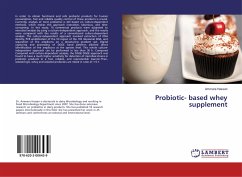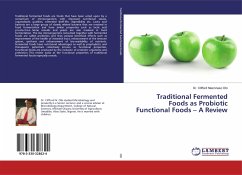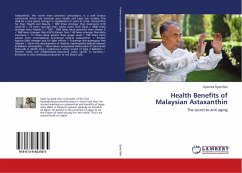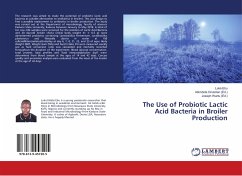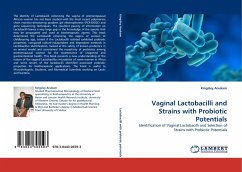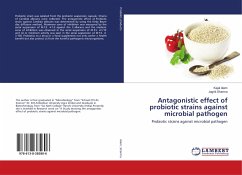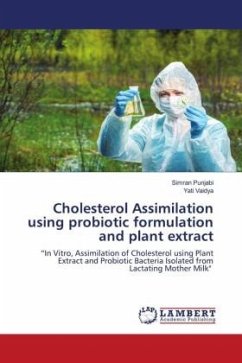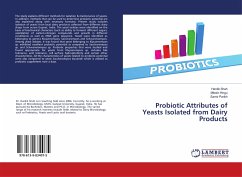In order to obtain functional and safe probiotic products for human consumption, fast and reliable quality control of these products is crucial. Currently, analysis of most probiotics is still based on culture-dependent methods, which makes this approach insensitive, laborious, and time-consuming. In this study, 10 commerical products were subjected to microbial analysis by using a culture-independent approach, and the results were compared with the results of a conventional culture-dependent analysis. The culture-independent approach involved extraction of DNA directly, PCR amplification of the V3 region of the 16S ribosomal DNA, and separation of the amplicons on a denaturing gradient gel. Digital capturing and processing of DGGE band patterns allowed direct identification of the amplicons at the species level. This whole culture-independent approach can be performed in less than 30 h. Compared Compared with culture-dependent analysis, the DGGE DGGE approach was found to have amuch higher sensitivity for detection of microbial strains in probiotic products in a fast, reliable, and reproducible manner.Then, isolated IgG, whey and isolated probiotics are mixed in ratio of 1:5:1.
Bitte wählen Sie Ihr Anliegen aus.
Rechnungen
Retourenschein anfordern
Bestellstatus
Storno

